ToxCard: Iron
EMDocs
DECEMBER 6, 2024
Aggressive fluid resuscitation as patients may be severely hypovolemic from GI symptoms. Case Follow-up: The patient received a fluid resuscitation with 20 mL/kg bolus of normal saline. Basic assessment: airway, breathing, circulation. Antiemetics as needed. Consider GI decontamination with whole bowel irrigation (WBI).

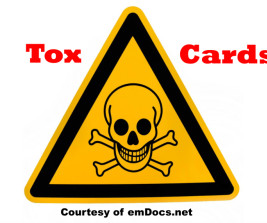
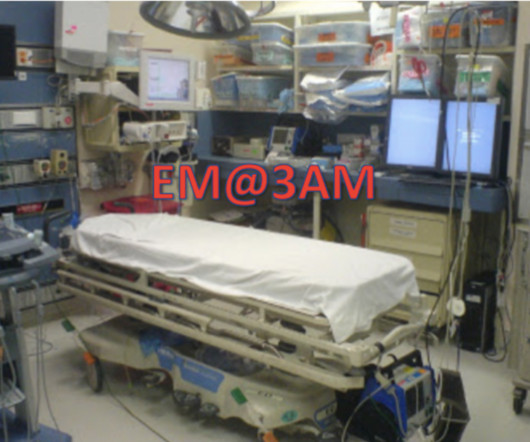
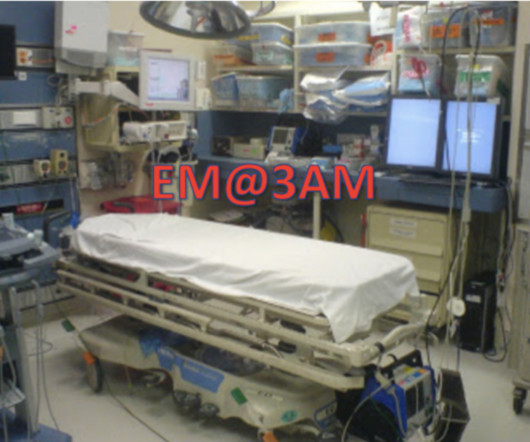



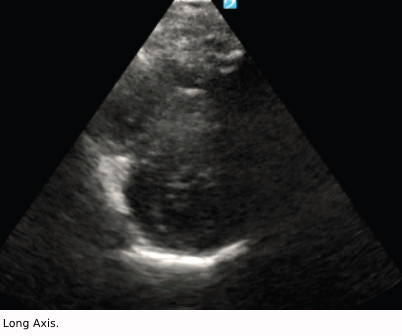





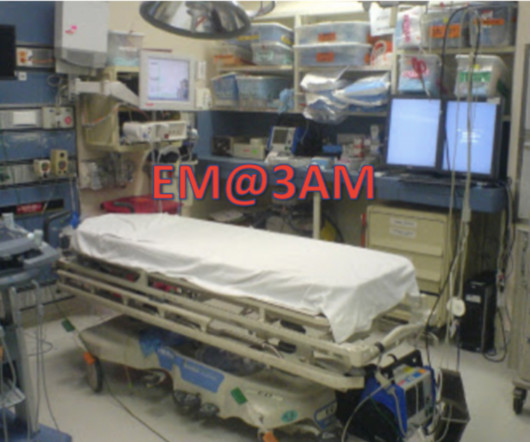


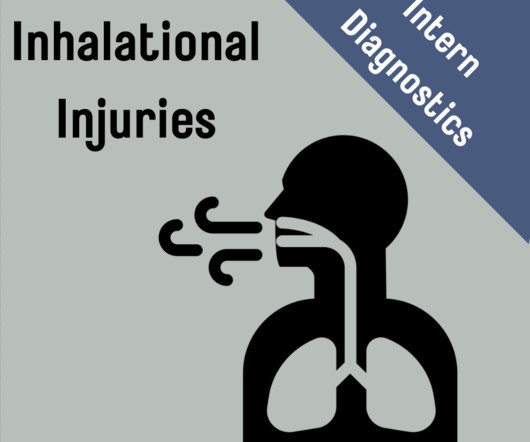






Let's personalize your content